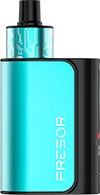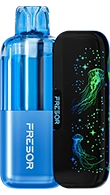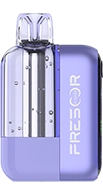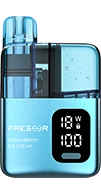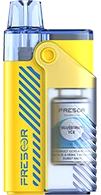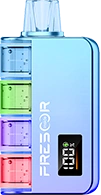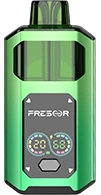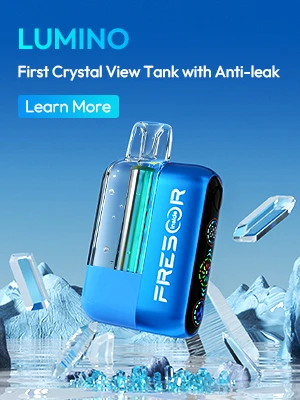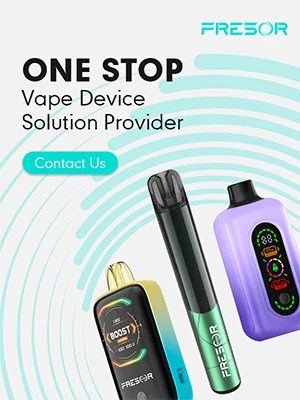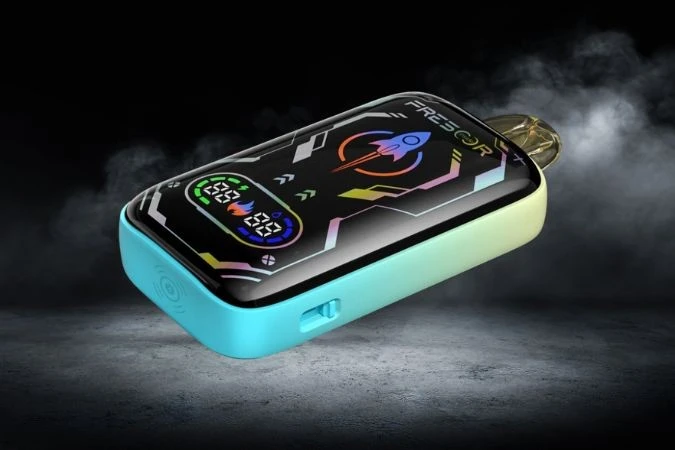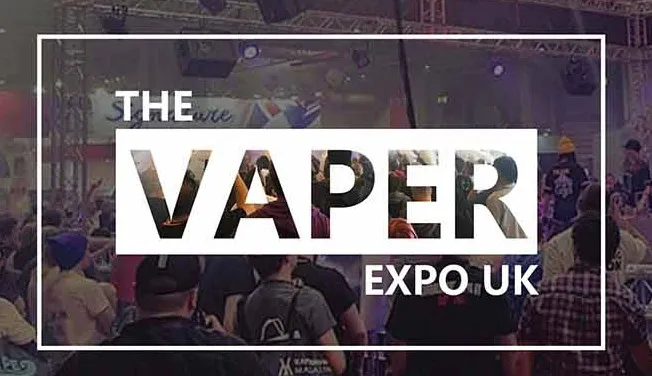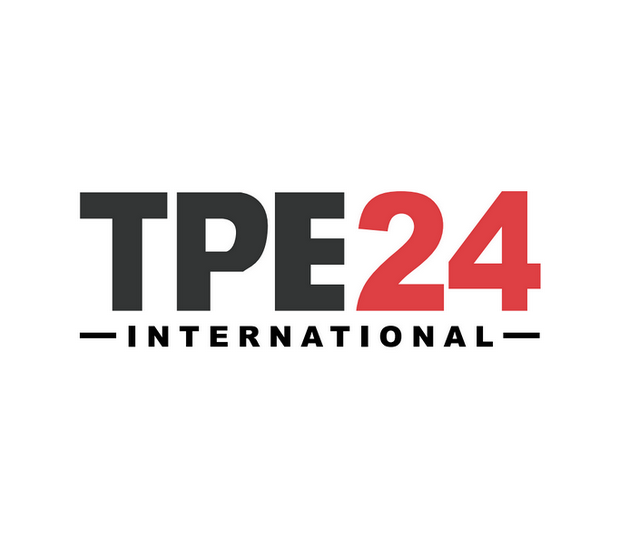Vape Marketing and Advertising Strategies in Brazil: Navigating Cultural Dynamics and Emerging Trends

30 August 2023
Introduction
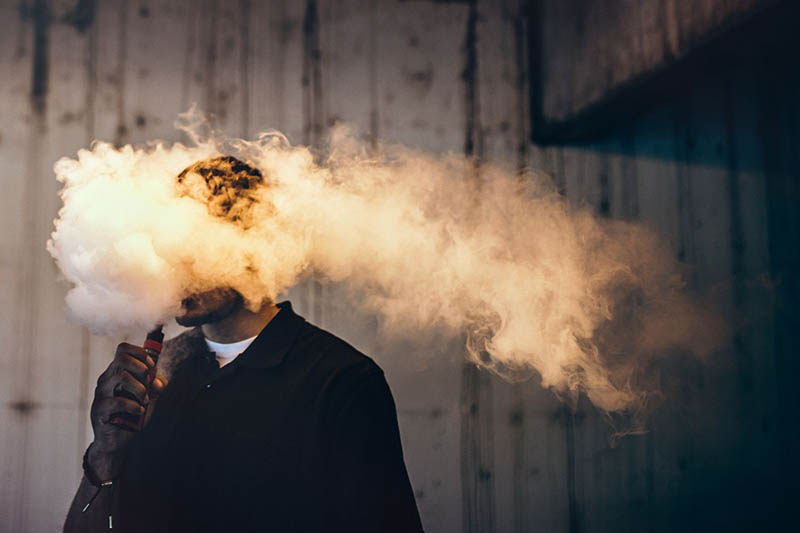
The vape industry in Brazil is witnessing a transformative surge in popularity as vaping emerges as a compelling alternative to traditional tobacco consumption. However, in a nation renowned for its diverse cultural fabric and intricate regulatory framework, navigating the realm of vape marketing and advertising is a multifaceted challenge. Striking a harmonious balance between the intricate cultural dynamics that influence consumer behavior and the complex regulatory landscape is the cornerstone of successful marketing endeavors. This article delves deep into the strategic approaches employed by vape companies to effectively engage the diverse Brazilian audience, factoring in the nuanced interplay of cultural influences and legal constraints.
Cultural Dynamics and Consumer Behavior in Brazil

Brazil's cultural mosaic is a tapestry woven from indigenous, African, European, and other heritages, resulting in a vibrant and diverse society. This rich diversity poses both opportunities and challenges for vape marketing strategies. Successful campaigns necessitate an in-depth understanding of cultural nuances and symbols that resonate with various demographic segments.
Brazilians are known for their emotional and passionate nature. Incorporating emotional storytelling and relatable narratives can resonate more deeply with consumers. Leveraging popular festivals and celebrations, such as Carnaval, can create opportunities for targeted marketing campaigns that align with cultural festivities.
Brands that can authentically incorporate colors, imagery, and language that reflect specific cultural contexts can establish stronger connections with their target audiences. However, this also demands a high level of sensitivity to avoid cultural appropriation or insensitivity.
Understanding Emerging Trends in Vaping Preferences in Brazil
Understanding the evolving flavor preferences of Brazilian vapers is essential for product development and marketing strategies. Customizing flavors to align with local tastes can attract a wider audience.
Analyzing the adoption of new vaping technologies, such as pod systems or temperature control devices, can guide product innovation and marketing efforts to align with emerging trends.
With a growing emphasis on health and wellness, exploring how vaping is perceived in relation to overall well-being can inform marketing messages that resonate with health-conscious consumers.
Regulatory Landscape and Marketing Constraints in Brazil
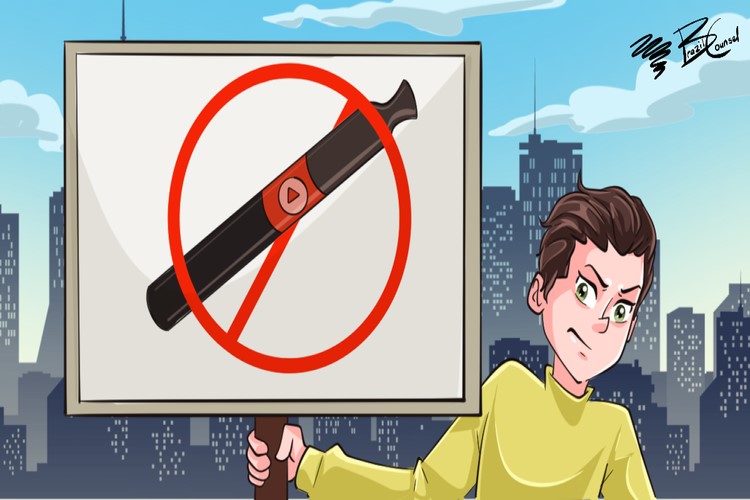
Brazilian regulations governing tobacco and related products, including vaping, are designed to protect public health and prevent underage usage. Vape companies operating in Brazil must adhere to strict regulations that impact marketing and advertising practices. These regulations often require explicit health warnings, age restrictions, and limitations on advertising channels. Striking a balance between creative and impactful marketing content while abiding by the legal parameters is an ongoing challenge. Navigating these complexities requires companies to stay informed about evolving regulations and adapt their strategies accordingly.
Digital Marketing and Social Media Engagement
Brazil is experiencing a digital revolution, with a large portion of the population actively engaged in social media platforms. Vape companies are capitalizing on this trend by utilizing digital marketing and social media to engage consumers. However, these platforms also come with their own set of regulations and guidelines. Adhering to these rules while delivering content that resonates with the local audience is a fine line that marketers must navigate. Crafting engaging content that educates and informs while adhering to regulations is a skill that distinguishes successful marketing campaigns.
Leveraging Influencers and Local Partnerships
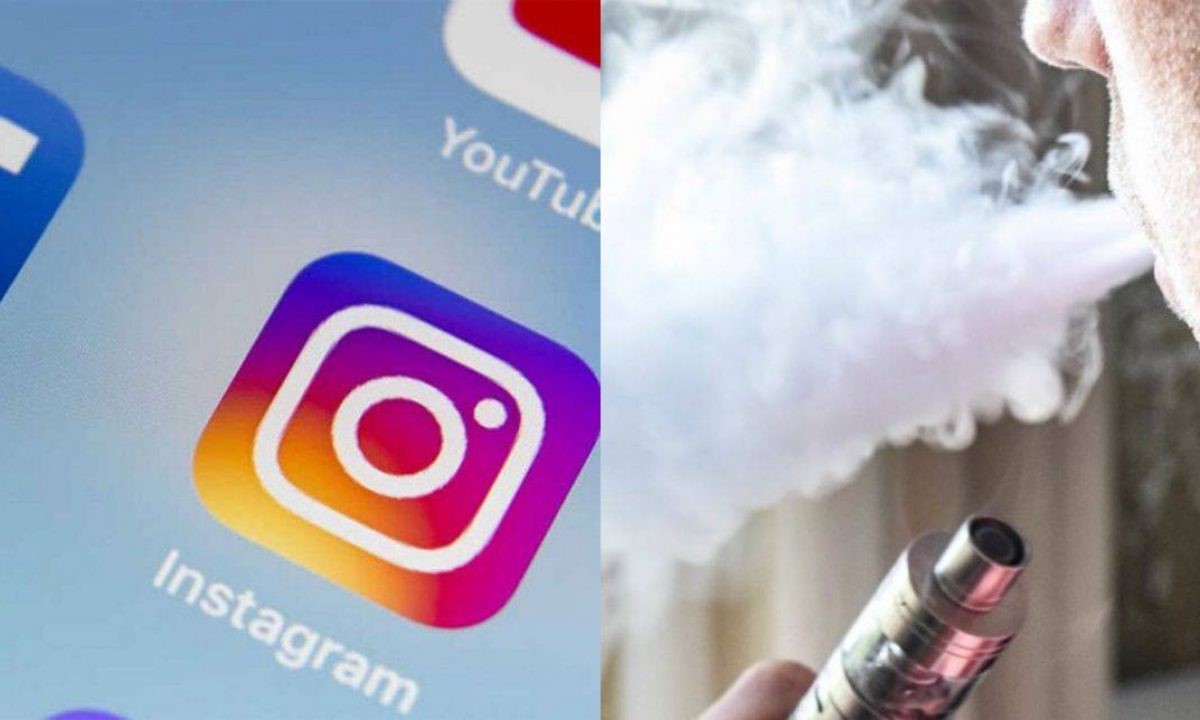
In the diverse cultural landscape of Brazil, influencer marketing and local partnerships can be effective strategies. Collaborating with influencers who share values and interests with the target audience can facilitate genuine connections and enhance brand credibility. Likewise, forming partnerships with local organizations, events, and initiatives can help companies integrate into the community and establish authentic relationships. Such collaborations not only contribute to effective marketing but also foster a sense of belonging among consumers.
Educational Campaigns and Public Health Messaging
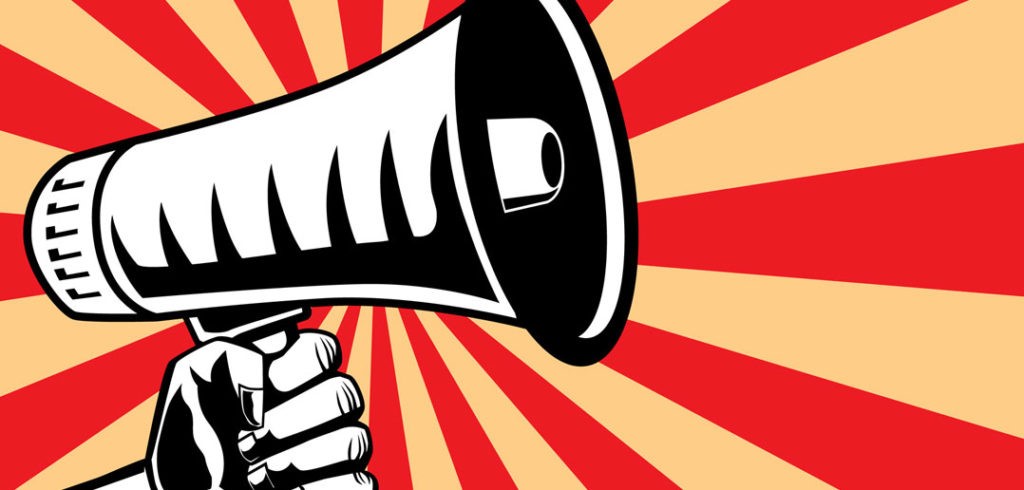
Amid regulatory challenges and the need for accurate information, vape companies often engage in educational campaigns. These campaigns serve a dual purpose: addressing public health concerns and building consumer trust. By delivering fact-based content through various channels, companies can position themselves as responsible stakeholders in the industry. Balancing educational content with promotional messaging is critical to not only attract consumers but also to ensure they make informed decisions about vaping.
Future Outlook and Adaptations In Brazil
As the vape industry in Brazil continues to evolve, the landscape is poised for a series of notable shifts and adaptations. Understanding the future outlook and proactively adjusting strategies will be essential for industry players to remain competitive and compliant in this dynamic environment.
Regulatory Evolution: The regulatory landscape in Brazil is expected to witness ongoing evolution as authorities respond to emerging trends and public health concerns. Industry players should closely monitor regulatory developments, anticipate changes, and swiftly adapt their marketing strategies to ensure compliance and ethical practices.
Localized Marketing: A key trend in the future of vape marketing in Brazil will be the emphasis on localized strategies. Recognizing the diversity of cultural norms, regional preferences, and linguistic variations across the nation, companies will increasingly tailor their campaigns to resonate with specific communities. This approach will foster a deeper connection with consumers and enhance brand loyalty.
Health and Safety Messaging: The industry's commitment to health and safety messaging is likely to intensify. Amid growing awareness of the potential risks associated with vaping, companies will focus on transparent communication about product ingredients, usage guidelines, and harm reduction. This proactive approach will build trust and empower consumers to make informed choices.
Innovation and Product Diversity: Vape companies are expected to continue innovating to meet the evolving demands of Brazilian consumers. This includes developing a diverse range of products, flavors, and experiences that cater to various preferences. Staying at the forefront of innovation will enable companies to capture new segments of the market.
Social Responsibility: Vape companies are likely to increase their engagement in social responsibility initiatives. Collaborating with public health organizations and educational institutions to promote responsible vaping practices and raise awareness about potential risks will contribute to a positive industry image and contribute to the well-being of consumers.
Digital Engagement and E-Commerce: The digital landscape will remain pivotal for vape marketing in Brazil. Companies will increasingly leverage social media, influencer collaborations, and user-generated content to engage consumers. Additionally, the e-commerce channel will continue to grow, offering convenient and regulated access to vape products.
Ethical Considerations: With heightened public scrutiny on vaping's impact, ethical considerations will play a crucial role in marketing strategies. Companies will need to demonstrate a commitment to responsible advertising, transparency, and compliance with regulations. Building a reputation for ethical practices will be central to long-term success.
Improve Your Vape Brand with TOP Vape OEM/ODM Manufacturer
ALD Vapor, a global leader in vaping industry, is professional in providing one-stop OEM/ODM atomization solutions for vape brands from all over the world since 2009. With over 14 years of experience, over 4000 workers, and 6 factory sites, the company has gained a great reputation among clients and a fast-growing market share.
Conclusion
In conclusion, vape marketing in Brazil presents a dynamic landscape where cultural factors and regulatory challenges intersect. The industry's future hinges on the ability to balance responsible advertising with innovation, targeting adult smokers while curbing youth initiation. Adhering to stringent regulations and maintaining transparent communication are crucial. As the market evolves, localized strategies, health messaging, digital engagement, and social responsibility will shape the industry. By remaining adaptable and ethically grounded, vape companies can contribute to a vibrant and responsible vaping ecosystem that resonates with Brazil's diverse culture and values.

